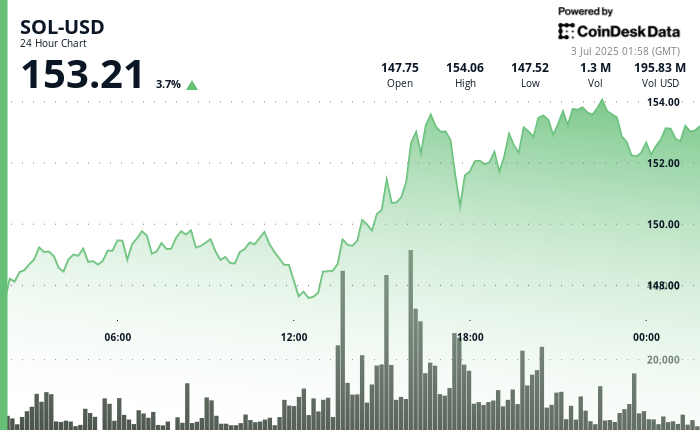
This article is adapted from CoinDesk Brasil, a partnership between CoinDesk and InfoMoney, one of Brazil’s leading financial news publications. Follow CoinDesk Brasil on Twitter.
On Thursday, a hundred police officers took to the streets of six Brazilian cities to serve search and seizure warrants against Francisley Valdevino da Silva, who is accused of running a cryptocurrency pyramid scheme that raised $767 million.
At the time of publication, there was no news on whether he had been arrested. The justice also decreed that da Silva’s assets be seized and blocked.
According to a Brazilian Police report, da Silva, known as the “cryptocurrency sheik” and a former U.S. resident, raised more than four billion reals ($767 million) by promising high returns through alleged crypto operations since 2016.
According to a U.S. Immigration and Customs Enforcement press relase, the Brazilian Federal Police executed 20 search and seizure warrants in four Brazilian states in the case for crimes including money laundering and fraud.
The U.S. agency said that “the organization allegedly deceived investors in over a dozen countries by falsely claiming that they had developed fully functioning, cutting-edge cryptocurrency-related financial products.”
According to the Brazilian Police report, da Silva’s lawyer said that his client is cooperating with the police and had already made himself available.
This article was translated by Andrés Engler, and edited by CoinDesk. The original Portuguese can be found here.
DISCLOSURE
Please note that our privacy policy, terms of use, cookies, and do not sell my personal information has been updated.
The leader in news and information on cryptocurrency, digital assets and the future of money, CoinDesk is a media outlet that strives for the highest journalistic standards and abides by a strict set of editorial policies. CoinDesk is an independent operating subsidiary of Digital Currency Group, which invests in cryptocurrencies and blockchain startups. As part of their compensation, certain CoinDesk employees, including editorial employees, may receive exposure to DCG equity in the form of stock appreciation rights, which vest over a multi-year period. CoinDesk journalists are not allowed to purchase stock outright in DCG.
